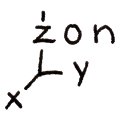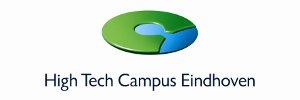What: Transit of Venus 040
When: 06/06/2012 between 05:20 and 06:50
Where: High Tech Campus, P4 East, Dommelpoort entrance. Eindhoven.
Entrance fee: Free
Transit of Venus 040
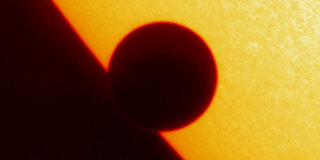
Transit of Venus seen by NASA's space telescope TRACE in 2004.
At dawn on June 6th 2012 an extremely rare astronomical event will occur: a transit of Venus. It will be the last one we will experience in a long time, the next one won't happen until 2117. The transit fo Venus can be observed safely with a solar telescope or eclipse glasses. To make this transit visible for all eager to observe it, xyzon has organized a special event with help of the High Tech Campus, the Dutch Technology Week and various amateur astronomers: the Transit of Venus 040.
Early in the morning amateur astronomers will set up 14 different solar telescopes on the roof floor of parking garage P4 on the High Tech Campus in Eindhoven. Everyone is welcome to have a look through the solar telescopes. But you will have to be early, because at 06:50 the spectacle will be over and won't be visible for the next 104 years.
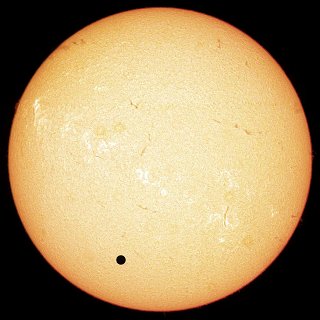
The transit of Venus of 2004 observed with a Hα solar telescope by Sebastien Kersten
Why should you attend?
In our solar system 8 planets orbit the Sun. Earth is the third planet from the Sun. This means that from Earth only two planets can be seen to pass in front of the Sun: Mercury and Venus. But a transit of Mercury is nothing compared to a transit of Venus. Venus is over twice the size of Mercury and orbits the Sun a lot closer to Earth. Because of this a transit of Venus is already visible with the simple aid of eclipse glasses.
When you attend the Transit of Venus 040 you won't only be able to observe the transit with eclipse glasses, but you can also look through various solar telescopes. A solar telescope shows a lot more solar activity, like sunspots, solar prominences and filaments.
A transit of Venus is so rare that only 6 transits have been observed since the invention of the telescope. The first few transits of Venus were of great importance for our understanding of our own solar system. By observing the transit of Venus the distance between the Earth and Sun could be measured. And with this, because the ratio between the distances of planets was already known, astronomers could deduce the orbit radii of the other known planets. Current scientific observations of the transit of Venus are important for the search of exo-planets.
What's the weather like?
To be able to see Venus pass in front of the Sun the Sun needs to show itself. When there is a dense cloud cover we won't be able to see it. Many astronomers travel to sunny locations on Earth with good weather prospects. For those who dare to observe the transit of Venus from Eindhoven it will remain exciting until the last moment. In the days before the Transit of Venus 040 you will find the latest weather forecast here.
- Weather prospect:
- It is raining - We advice you not to attend.
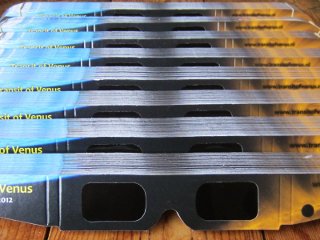
The Dutch Technology Week supports this event with free eclipse glasses
Follow #ToV040 if you want to stay informed of the Transit of Venus 040 through twitter.
![]()
This event is made possible by amateur astronomers who made their solar telescopes available voluntarily:
- Ferry Zijp (aka @astro040 on twitter and Ferry on astroforum)
- Marco Frissen (aka @mfrissen), 1st SpaceUp Europe 22&23 Sept
- Jip Lambermont (aka @zonnekijkster), xyzon - popular astrophysics
- Hans Lambermont, ##astronomy on Freenode irc
- Henk Peters (aka henkp on astroforum)
- Wim, Dr. A. F. Philips Sterrenwacht
- and 6 others who didn't want to be named.
